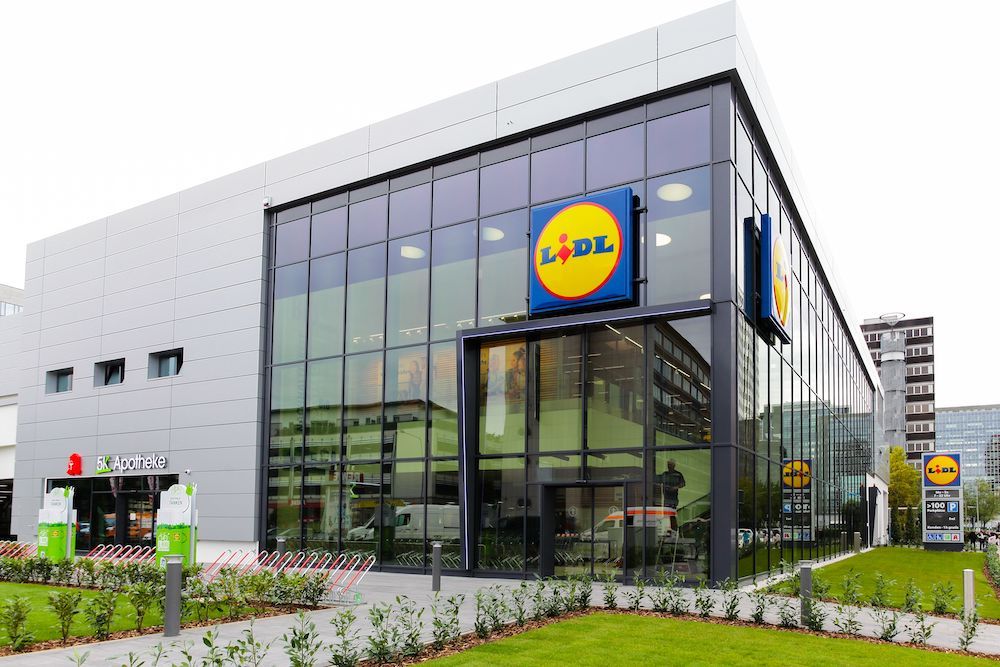It changed into a grand, transformative task for the organization, the largest in grocery chain Lidl’s records. And fulfillment seemed certain. Lidl and German software massive SAP are leaders in their respective fields. About one thousand staff and hundreds of specialists carried out a brand new business enterprise-wide device for stock management for the bargain grocery chain, which has near €100 billion in annual sales. In making plans for the reason that 2011, the system even got a lovely nickname — Elvis (pronounced like Elvis in German). In April 2017, SAP awarded Lidl a prize for being one of their excellent clients.
But by May 2017, Lidl’s head of IT, Alexander Sonnenmoser, had left, and in July this year, eLWIS become stated lifeless on arrival. Lidl could want to revert to its old stock machine. “We are nearly starting from scratch,” an organization insider instructed Handelsblatt. All this after spending an anticipated €500 million on eLWIS. Neither Lidl nor SAP will confirm that variety.
Apparently, certainly one of the largest troubles was a “, but that is how we continually do it” mentality at Lidl. Changing the software necessitated reassessing nearly every manner at the organization, insiders say. But Lidl’s control changed into not prepared to do that.
The residence falls.
Unlike lots of their competitors, Lidl bases its inventory management gadget on purchase prices. The popular SAP for Retail software program uses retail costs. Lidl didn’t want to trade, so the software program needed to be tailored. Many extra lodges needed to be made, and the extra changes there were to the code, the greater complex and greater vulnerability to failure the Lidl software have become.
Performance fell, fees rose. Altering current software is like converting a prefab residence, IT professionals say — you could position the kitchen cabinets in an extraordinary vicinity; however, there’s no balance whilst you start transferring the partitions.

“The strategic goals as at the beginning described were not viable at a suitable fee,” Lidl boss Jesper Hoyer wrote in a letter to the group of workers. “If an organization wants to use the same old software, it has to confirm its personnel procedures,” suggests Jean-Claude Flury, an IT supervisor who works within the prescribed drugs department and also heads an SAP-user group, DSAG, which includes extra than three, three hundred SAP customers. His implication: It’s the organization’s fault, no longer the software programs.
This zone is likewise mainly tricky, explains Mario Zillmann, a partner at IT consultancy Lünendonk. In-house software structures are regularly cobbled collectively over a long time and previous. Not using general software programs already makes “the adaptation of new technology and transformation tough,” he notes.
Communication may additionally have also been a problem. The challenges the brand new gadget wished to triumph over won’t have been properly defined, say IT specialists. Perhaps the IT department and people doing the actual paintings did no longer speak approximately this enough, they advise. Also cited: Ongoing modifications in senior control at Lidl, from virtual generation and e-commerce divisions right to the top. After ex-Lidl leader Sven Seidel left, his successor, Mr. Hoyer, canceled many deliberate virtual initiatives, including an online ordering carrier named Lidl Express.
Who’s to blame?
Some have taken SAP to the assignment, asking whether its software program genuinely is the excellent long-term answer for the stock at this sort of large business enterprise. Nobody at SAP needs to talk about the Lidl drama, mentioning that a massive proportion of German shops use SAP for Retail without those kinds of issues. Another supermarket chain, Aldi Nord, is already operating with the SAP software program in a few regional stores; a new device for Aldi’s global stores remains a piece in development.
The cancellation of the project at Lidl is doubly demanding to SAP: They’ve lost a few huge enterprises, and all of the rumors are casting doubt on their very own work. Officially, Lidl said that the Elvis assignment ended because Lidl decided to stick with its own inner software. Unofficially, the backbiting is apparent.
Gossips are scapegoating German IT consultancy KPS, which became alleged to the manual the transformation. SAP handiest supplied the software program KPS became imagined to control the various techniques for Lidl, they are saying. Critics interior Lidl say that KPS changed into too sluggish. But Matthias Nollenberger, a senior manager at KPS who changed into answerable for overseeing the Elvis assignment, says his organization became operating too short cut-off dates as compared to other similar initiatives and that the pilot levels in Austria, the United States, and Northern Ireland had been all achieved on time.
Apart from preserving its old stock management machine afloat, one of Lidl’s biggest challenges will be retaining all the IT experts is employed. Software engineers are extraordinarily in-call throughout Europe, and proficient specialists won’t want to hold playing with 30-yr-vintage in-house code. If they depart Lidl, the discounter will, in reality, best have one thing left after the demise in their Elvis — and that’s a big bill.




